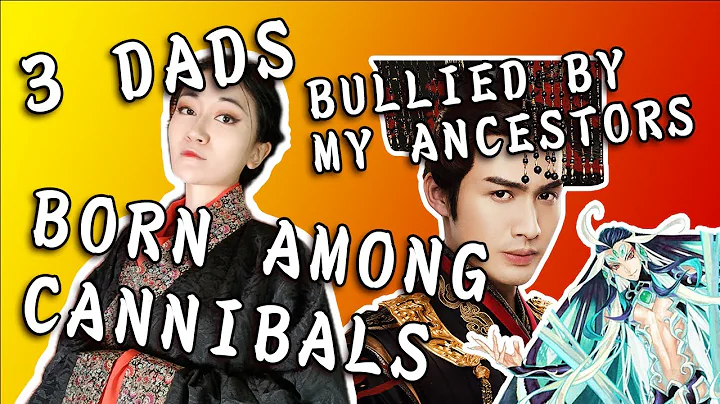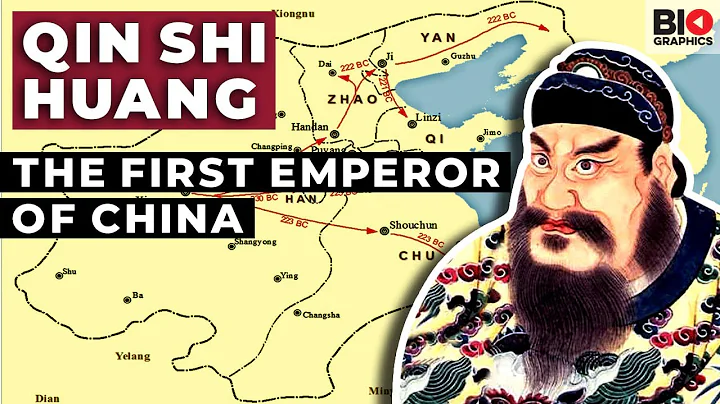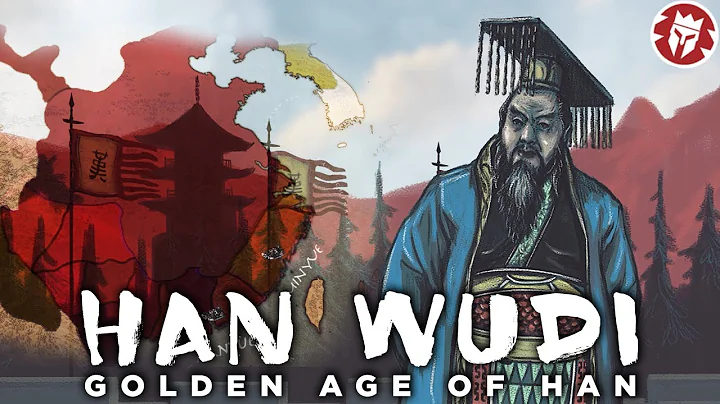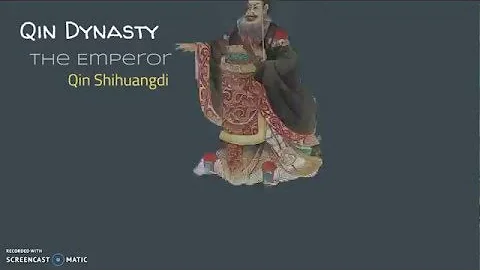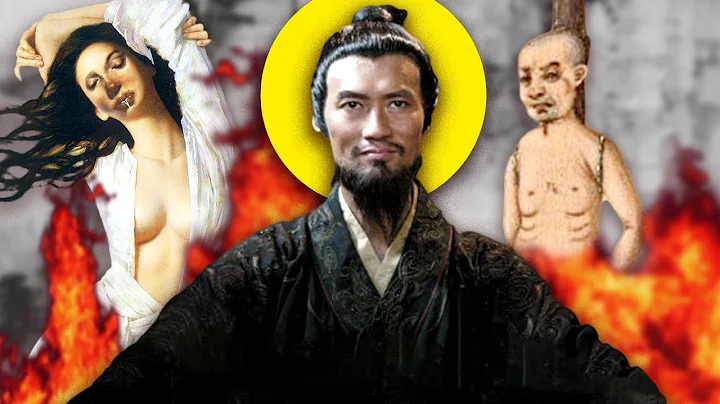Qin Dynasty was the beginning of China's centralized authoritarian society. Many state systems of the Qin Dynasty were developed and continued later.
As the most famous emperor of Qin State, was Qin Shihuang a tyrant or a benevolent king? This is a question that people in the country have been debating for a long time.

One emperor through the ages - Qin Shihuang
For many years we have had this inherent thinking: Qin Shihuang was a tyrant. He was very cruel by burning books and humiliating Confucian scholars. He wasted money and wasted money by building large-scale construction projects. Meng Jiangnu cried The Great Wall The eternal song, Qin Shihuang's series of extortionate expropriations The behavior does appear to be that of a tyrant.
So what is the historical truth? Let us explore the true face of Qin Shihuang based on historical data.
01, the emperor who created the unification of Chinese civilization through the ages.
Qin Shihuang is a household name in China, like thunder. Because he was the first ruler in the history of the Chinese nation to call himself "emperor", and it was he who initiated the unification of the Chinese nation.
During the Warring States era, the Zhou Dynasty declined, the princes fell apart and abandoned each other. They did not listen to the emperor's orders, and defended themselves and fought on their own. They started annexing each other and killing each other for several years. The life of the common people was miserable. The young men were conscripted, the farmland was deserted, and the fireworks of war blew everywhere, shrouding the people in dire straits. During the melee, seven vassal states that were relatively stable and evenly matched gradually formed. The war did not stop there, but was still burning, devouring people's hope of living.

The end of all this came from Qin Shihuang. This eternal emperor. The Qin State under his control conquered the other six countries one by one, and finally established a unified Chinese nation. A Western scholar once said that Europe cannot be strong because Europe has never had Qin Shihuang. It can be seen that Qin Shihuang made great contributions to the unification of China. For this reason, calling him the emperor of the ages is absolutely worthy of his name.
02, the policy after the unification of China, shows the wise emperor's style.
After the unification, Qin Shihuang began to think about how to maintain the unified situation and not repeat the mistakes of the Zhou Dynasty's disintegration. First of all, it is reflected in his keen eye for talents. He accepts people without doubt and works according to his talents. He promotes the little Yanwei Li Si to the prime minister. He is not his relative. He is considered an outsider. Li Si is resourceful and talented. His subsequent administration provided huge help. There are also the famous Shang Yang's reforms Baili Xi and others, which laid a solid foundation for the strength of Qin.

He formulated a series of policies that were very conducive to unified national management: abolishing the aristocratic enfeoffment system of the Zhou Dynasty, implementing the system of counties and counties, promoting the same text, unified script, and unified weights and measures throughout the country. , unified currency, etc. These unprecedented decisions fully demonstrated Qin Shihuang's extraordinary vision and courage.
The Chinese nation has continued these systems of Qin Shihuang during the historical process of more than 2,000 years. This is also the basis for whether various ethnic groups can integrate with each other. From this point of view, Qin Shihuang's achievements are indelible.
03, Qin Shihuang treated his heroes well, not by killing them, but by allowing them to live a long life.
For example, the famous military heroes Wang Jian and Wang Ben made great contributions to the unification of the Qin State. Although their achievements were high enough to shock the king, they still met a good end, which fully reflects Qin Shihuang's broadmindedness and greatness. Spend. As for the captured nobles from the six countries, they only enclosed a place for them and did not kill them all.

Burning books and entrapping Confucianism
04 Burning books and entrapping Confucianism
As for "entrapping Confucianism", there are different opinions in the past dynasties. According to the most common one - the 460 people who were "trapped and killed" included alchemists and Confucian scholars. Alchemists are the kind of wizards who pretend to be gods and ghosts. They knew that Qin Shihuang wanted to live forever and used various methods to deceive him. Even though Qin Shihuang really "trapped" 460 people, the newly born Qin State at that time adopted "killing chickens to scare monkeys" in order to consolidate its rule. The tyranny of the people is not too much.We can review that many rulers in the past dynasties have killed many people indiscriminately before and after they seized power.

Xiang Yu burned down the unfinished Afang Palace
05 Afang Palace, The Great Wall , Qin Shihuang's Terracotta Warriors
These all consumed a lot of manpower and material resources, causing people to live in poverty, causing a lot of suffering to the people at the bottom, and public anger boiling over. If these starting points are still open to question, for example, the Great Wall formed an indestructible barrier against the Huns, but the Epang Palace, Terracotta Warriors, are representative works of extreme profligacy and comfort. If we talk about the mistakes made by Qin Shihuang, then Even after the reunification, the people were not given proper living and reproduction, and for a time they wasted people and money in these places, causing great public dissatisfaction. People are like water, and water can carry a boat, but it can also overturn it. This is where he lacks original insight.

Great Wall
Therefore, I think Qin Shihuang’s merits outweigh his faults.
Ancient famous figures Liu Zongyuan and Zhang Juzheng clearly pointed out the great achievements of Qin Shihuang. In modern times, Liang Qichao and Zhang Taiyan also vindicated Qin Shihuang.
The great leader Chairman Mao once commented: Qin Shihuang was an expert who valued the present over the past, Confucius and Mencius, Xunzi, and the left wing of Confucianism. We should be fair, Qin Shihuang is much greater than Confucius . But he has been scolded for thousands of years.
I think Chairman Mao's term "focus on the present but not on the past" is very accurate. We are still enjoying the fruits of Qin Shihuang's great achievements today, but it only suffered for the people at that time.
History is the product of the will of the later victors. The historical scripts that those editors had to write in view of the continued power and oppression have little reference significance, so today there are still many people commenting, praising or criticizing Qin Shihuang. Not the same.
But work is work, and mistakes are mistakes. No one is perfect, let alone an emperor, who considers the overall situation, and it is inevitable that there will be some shortcomings.
